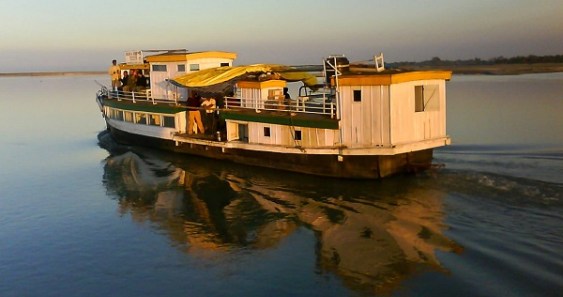Projects Supported by Population Foundation of India
Over the decades Population Foundation of India has supported non-governmental organisations (NGOs) working at the grassroots through grants for implementing innovative projects and showing potential for scaling up. These projects match with Population Foundation of India’s line of work and approaches and aim to reach the most marginalised and vulnerable sections of society. The projects that receive support from Population Foundation of India typically have a strong component of community mobilisation and are linked to government service delivery systems.
Population Stabilisation Programme in Bahraich, Uttar Pradesh
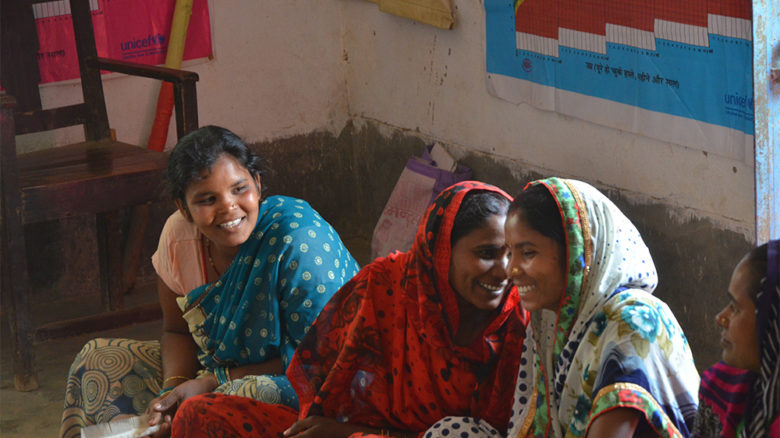
Implementation partner – Save A Mother (SAM)
Save A Mother (SAM) is implementing a project in population stabilisation in one block (Jarwal) of Bahraich District in Uttar Pradesh, and will scale up the project in 11 blocks of the district. The goal of the project is to develop a sustainable model for population stabilisation for underprivileged and marginalised communities by using an integrated approach. The model uses effective social and behaviour change communication, advocacy for resource mobilisation through District Working Groups, and community action for improved health services through community activists. The project will contribute towards ensuring universal access to high quality family planning services and address regressive social norms related to sexual and reproductive health to achieve population stabilisation.
Population Stabilisation Programme in Amethi, Uttar Pradesh
Implementation partner – Save A Mother (SAM)
Save a Mother (SAM) Foundation implemented a population stabilisation programme (PSP) in 400 villages in Amethi district of Uttar Pradesh (UP) from 2013 to 2019. The programme aimed at social and behaviour change through intensive community mobilisation, capacity building of community volunteers (Swasthya Sakhis and Arogya Sakhis), regular home visits, counselling couples on family planning and close follow up of pregnant women. The Amethi programme resulted in significant improvements in the health and family planning indicators of the selected blocks. Read impact of this programme here.
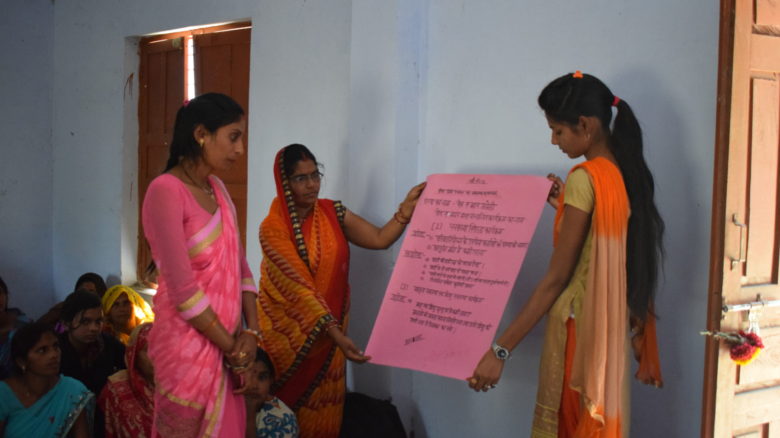
Khushali Project in Madanpur Khader, Delhi
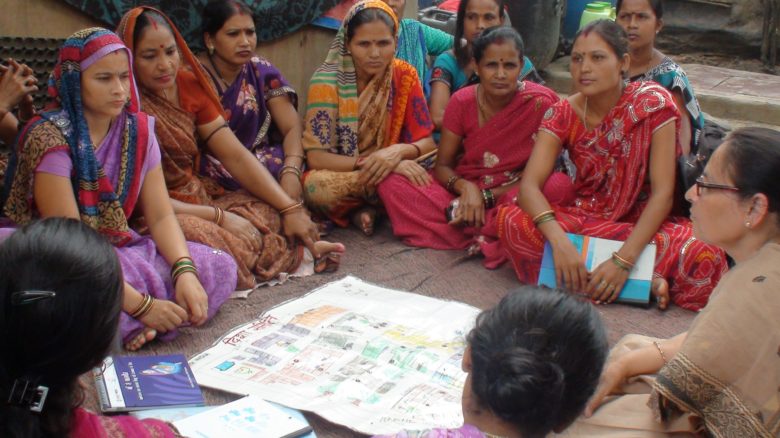
Implementation Partner – Agragami India
With support from Population Foundation of India, Agragami India implemented the Khushali project in the urban slum of Madanpur Khader in Delhi from 2013 to 2019. Khushali was a holistic programme for adolescents (10 – 19 years), youth (20 – 24 years) and young married couples. It combined school and community-based activities to improve access to, and utilisation of essential primary health services. The project used a broad range of inputs including building capacity of government Anganwadi workers (frontline childcare and maternal health workers), forming and enabling youth and women’s groups (Mahila Arogya Samitis), awareness building, sexual and reproductive health training, counselling and behaviour change communication. The committees helped ensure delivery of essential health and sanitation services for the community, and their utilisation by residents. Read impact of this programme here.
Repositioning Family Planning in Karnataka
Implementation Partner – Karuna Trust
Karuna Trust implemented an innovative health project based on public-private-partnership, covering 14 Primary Health Centres (PHCs) and outreach activities with marginalised communities in 12 backward districts of Karnataka. The intervention brought positive change in knowledge, attitude and practices of women on reproductive health and family planning. All the 14 PHCs were located in rural, hilly and remote areas that lacked basic facilities for health and livelihood, and had poor transport and education facilities.
As a result of the project implemented from 2012 to 2015, over 4,400 young married women became aware of the benefits of delaying their first pregnancy, as compared to 374 women at the time of starting the project.
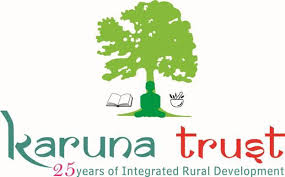
Ensuring Reproductive Rights for Women in Himachal Pradesh
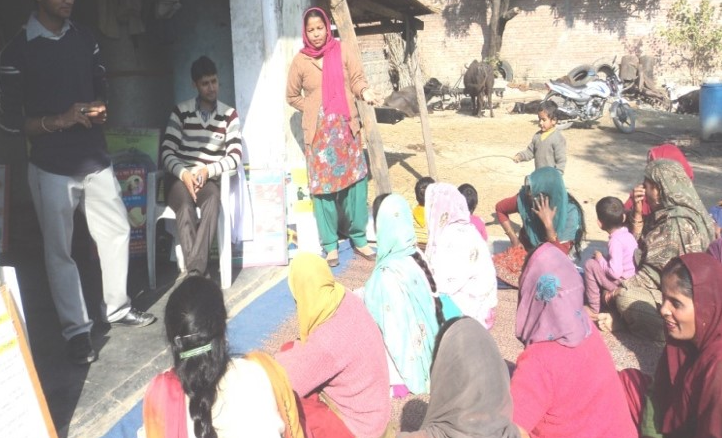
Implementation Partner – Social Uplift Through Rural Action (SUTRA)
Social Uplift Through Rural Action (SUTRA) implemented a project in five districts of Himachal Pradesh from 2012 to 2015. The project addressed declining child sex ratio and reproductive health of women, including adoption of spacing methods of family planning. It drew upon an aspirational and innovative approach using community-based accountability of formal and informal institutions in the gram panchayats.
Mobilising the Unreached Through Boat Clinics in Assam
Implementation partner – Centre for North East Studies (C-NES)
The Centre for North East Studies (C-NES) implemented an innovative Boat Clinic project in five districts of Assam from 2012 to 2015. The project extended comprehensive healthcare services through boat clinics to communities living on hundreds of inaccessible islands, called saporis, in the Brahmaputra river in Assam. These clinics delivered healthcare to people of different castes and indigenous groups, and promoted behavioural changes regarding reproductive health and contraceptive choices, especially among young couples. Read impact of this programme here.
